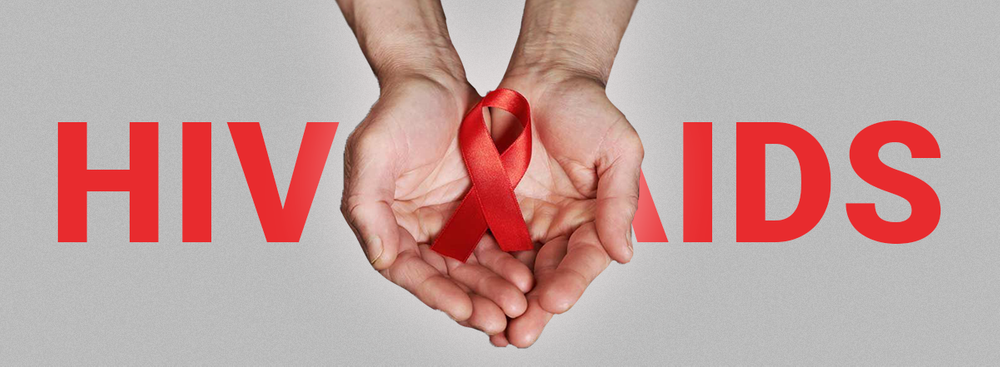World AIDS Day annually takes place on December 1 worldwide in accordance with the decision of the World Health Organization (WHO) and the decision of the United Nations General Assembly (UNGA) adopted in 1988.
This Day is one of the most important international days related to health issues and a key opportunity to raise awareness and pay tribute to those who died from the disease. Also, this Day is an opportunity to appreciate the achievements such as increased access to treatment and action plans to prevent HIV/AIDS.
Since the first days of this spectrum of conditions discovery, people used to spread urban legends and make assumptions as to how HIV is transmitted and how people with it live. This could not but lead to the development of prejudices and labeling people with HIV/AIDS.
Today, on World AIDS Day, we will dispel common myths about HIV and AIDS.
Myth: You Can Get HIV from Being Around an Infected Person
This is clearly a misconception. For many years, this myth has been leading to discrimination against people with HIV/AIDS. Twenty percent of British people believe that HIV can be passed from one person to another via saliva and bodily contact. All this despite all the educational campaigns. In fact, back in 1991 Diana, Princess of Wales, met HIV-positive people in London to dispel the myth about the possibility of the HIV transmission through any household contacts.
You cannot get HIV by:
- Breathing the same air with an HIV-positive person;
- Hugging, kissing or shaking hands;
- Sharing cutlery;
- Using the same lavatory;
- Touching personal objects such as phones;
- Using gym exercise equipment;
- Touching the toilet seat or a doorknob.
HIV can only be transmitted through certain body fluids such as blood, semen, vaginal fluids, and breast milk.
Myth: HIV Can Be Transmitted Through Mosquitoes
Yes, the virus can be transmitted through blood, but you cannot get it through the bites of these small insects because:
- When an insect bites you, you don’t get the blood of other people and animals that were bitten earlier injected in yours.
- HIV infection does live in the bodies of insects, but not for a very long time.
Even if you live in an area where there are lots of mosquitoes and HIV-positive people, there’s no connection between these two facts whatsoever.
Myth: Condoms Can Protect from HIV
Using condoms is essential and necessary, but they can break, slip off or leak during sex. That is why we encourage you not only to use a condom but also to get HIV tests regularly.
According to WHO, every fourth HIV-positive person (which makes about 9,4 million people) does not know about his/her HIV status.
Myth: Alternative Treatment for HIV Is Effective
This is an entirely horrible false myth. Just like taking a shower after sex and other questionable “cleaning” rituals, traditional medicine will not help and will not prevent HIV. The virgin cleansing myth that originated in Sub-Saharan Africa and is spread in some parts of India and Thailand is especially dangerous. The most dreadful thing about this myth is that according to it, sex with a girl who had not had sexual contacts before allegedly might be a cure for HIV and AIDS. This terrible belief has led to the rape of young girls and newborns and infecting them with HIV.
As for prayers and special rituals, they can certainly help a person cope with difficult situations in life. However, unfortunately, they cannot cure HIV or AIDS.
Myth: HIV Transmission Through Oral Sex Is Not Possible
The risk of HIV transmission through oral sex is really lower than through any other types of sexual activities. The HIV incidence rate is 4 incidents per ten thousand sexual acts. Nevertheless, you can get HIV if you have sex with an HIV-positive man or woman, that is why doctors recommend using condoms even during oral sex.
Myth: People with HIV Die Young
More and more HIV-positive people adhere to their treatment and live a completely normal and full life. According to the Joint United Nations Programme on HIV/AIDS (UNAIDS), 47% of all HIV-positive people live with a suppressed virus, which basically means that the replication of the virus is reduced to the point that it can’t be detected in a blood test. Besides, HIV-positive people with a suppressed virus cannot pass it on those with a negative status even through sexual intercourse. Once they stop their treatment, the HIV virus can let them know about it again.













